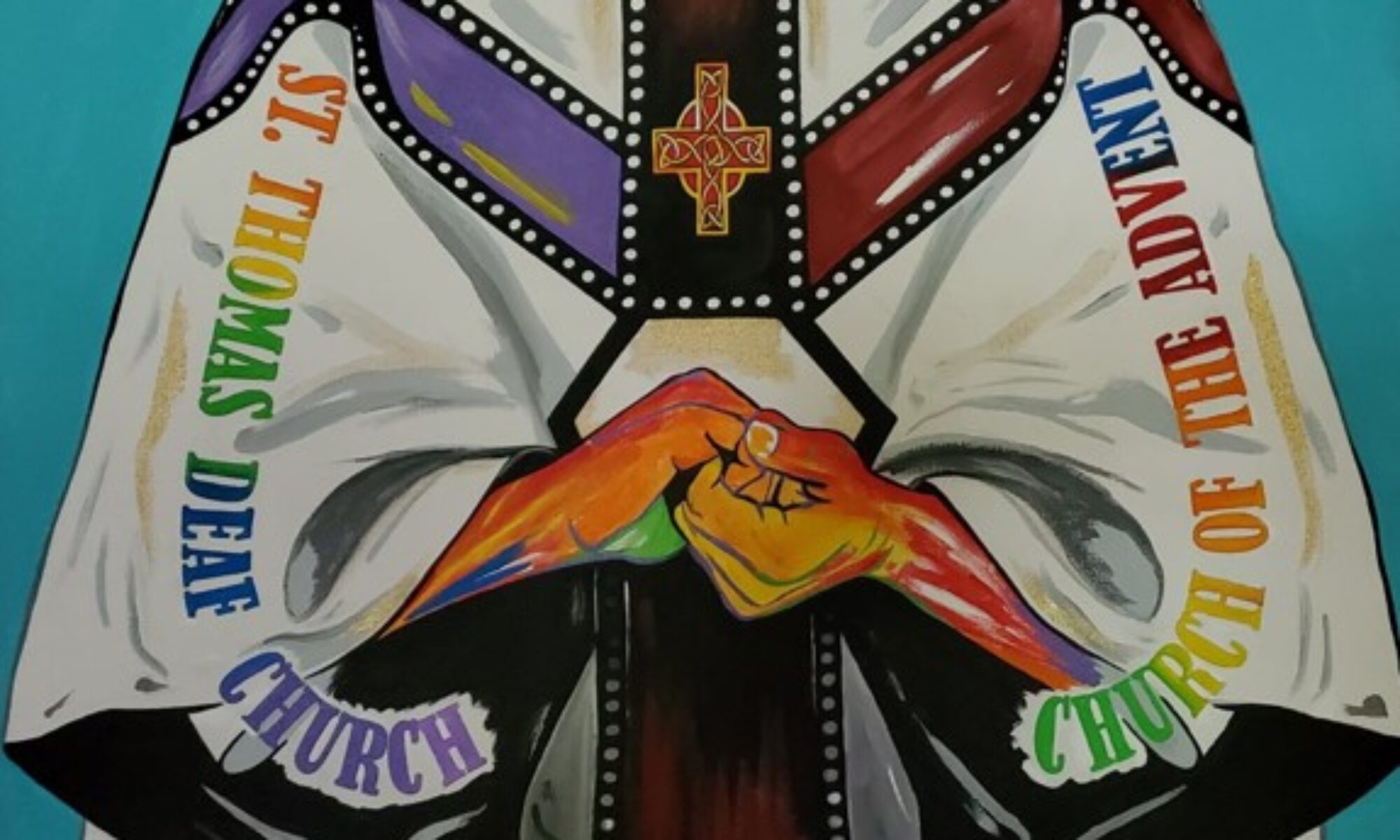Community flourishing
I got a number of positive comments after my sermon in which I translated Paul’s word “righteousness” as “community flourishing.” I thought it would be worth expanding on that concept.
When we hear the word “righteousness,” we hear it with ‘post-Lutheran’ or ‘Protestant’ ears. For us, righteousness is a moral category. It means something like being faultless, ‘straight’ with God. The Greek word also sometimes gets translated as “justification.” Paul spends a great deal of time talking about justification by grace through faith in Christ, and we hear that as having our sins forgiven and being made right with God through our faith in Jesus Christ. But Paul, I believe (along with many scholars), meant something entirely different by that phrase.
Paul’s basic argument in the letter to the Romans is that through sin, humanity has distorted its relationship with God, with each other and with the cosmos. That relationship was supposed to look like ‘righteousness.’ The word in Greek is dikaiosunē. The root of the word is dikē. This word means something like habit, custom, usage, right. It describes a community’s way of living together. Someone who lives according to the dikē is considered dikaios. This word gets translated ‘just’ or ‘righteous.’ It means something more like ‘fitting, square, solid.’ It describes someone who lives solidly by the community standard.
When a judge had to make a judgment, rather than deciding on the legality of the matter (criminal cases like our courts decide would have seemed unusual in the ancient world), the judge decided which of the two persons and their actions were more ‘fitting, square, solid’ by community standards. The judge would dikaioein that person; judge or render him or her dikaios, ‘solid, fitting, square.’
Paul’s argument in Romans is that humankind, by sin, has rendered its relationship with God, each other and the cosmos adikaios, not square. Because humankind was to be the guardian of the cosmos, the whole cosmos suffers from this distortion. God established a covenant with Abraham to restore the righteousness of the human community so that the whole cosmos could be restored to fittingness, solidity, squareness with God. God then gave the law (Torah, which really means “way of life”) to Abraham’s descendants to show them how to live ‘squarely’ with each other and with God and with the cosmos.
Be we (humankind) used that law to make distinctions, to draw a line between those who are inside and those who are outside – the very same mistake the first humans made when they desired to know good from evil. For Paul, the ‘flesh’ is the realm in which we make distinctions – between male and female, slave and free, Jew and Greek; we could add black and white, rich and poor – the list could go on. These, according to Paul, are false distinctions.
In baptism, we die to sin, to the flesh, to the distinctions. In Christ (in baptism) there is no slave or free, Jew or Greek, male or female. Instead, there is a new “righteousness” in Christ. Paul, in the letter to the Galatians, points out all the distinctions he could claim, and then says that his righteousness does not consist in those, but in Christ – “I claim no righteousness of my own, but only Christ’s.”
The law, weakened by the flesh, that is, used to make distinctions, cannot do what God intended, so God sent his son in the flesh to put to death the distinctions of the flesh, to do away with sin, and establish a new righteousness, a new community identity and flourishing.
Paul’s major literary project was to argue for the ‘justness’ or justification of this new table fellowship of Jew and Greek, with women (gasp) at the table. On the basis of the Torah, misunderstood as we have misunderstood it, this new fellowship was certainly not ‘square.’ But in Christ, it was. It was in fact God’s intention for the flourishing of the whole cosmos. So, we are justified, deemed fitting or square, not by works of the law, but by membership in Christ.
Righteousness is not a moral category of faultlessness imputed to us because of Christ’s death. Righteousness is a new community flourishing established by God through Christ’s obedience, following for the first time the full intention of the law.
When we hear the phrase “justification by grace through faith in Christ” we hear something about being considered (as individuals) as innocent before God because of our faith in Christ. I heard a lecture by Dietr Georgi, a scholar of Paul, who said we should really translate that phrase as, “justified (made members of a new community) by God’s gift through God’s faithfulness as made real in Christ.” It’s not our faith that is in question, but God’s faithfulness. God, in Christ, did what the law failed to do because we misused it: establish a new community for the flourishing of the cosmos.
The more I read Paul, the more I see this amazing vision behind and throughout everything he writes. It is our concern for individual salvation that has distorted his message into something like, “Jesus died to take away my sins.” Paul would not have understood what we were talking about. What happened in Christ is meant for the restoration of the whole created order, through this new righteousness established by baptism into Christ’s death and resurrection.
– Dan Handschy

